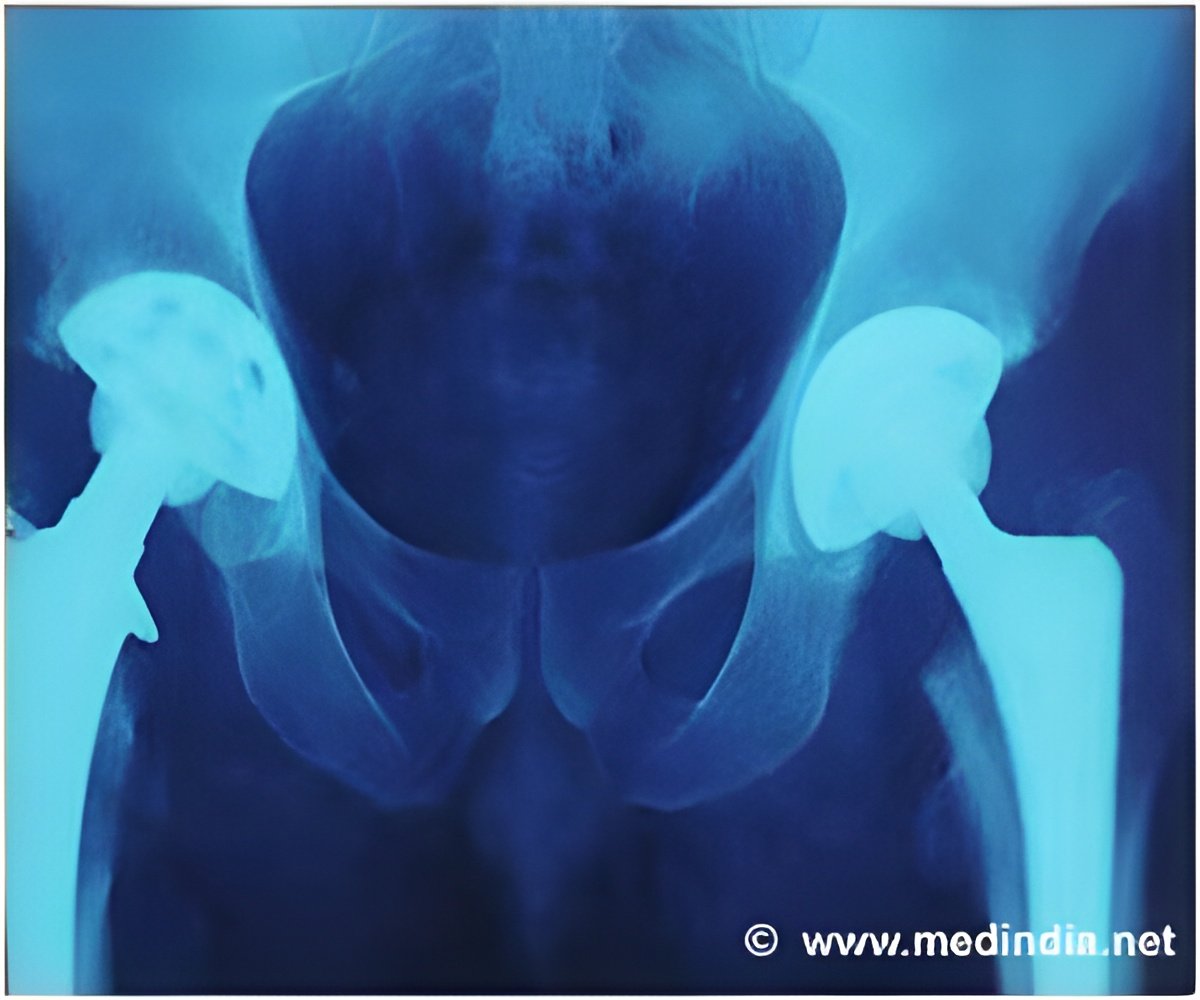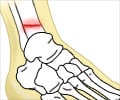
‘Thiazides diuretics reduces the risk of fractures among Alzhemier's patients. But, there usage is not recommended for the prevention of fractures, as they could increase the risk of postural hypotension and consequent falls.’
Tweet it Now
Hip fracture was the most common low energy fracture in the study population, and the risk of this fracture type decreased by 30% in long-term thiazide use. The association may be related to the fact that thiazides decrease urinary calcium excretion and increase bone mineral density, which may decrease the risk of fracture in case of a fall. Persons with Alzheimer's disease have an increased risk of falling, as the disease leads to problems in balance and spatial orientation.
The association of thiazide use and a reduced risk of low energy fractures disappeared in approximately one month after the use was discontinued. Thiazides are used in the treatment of hypertension.
In this study, thiazide use was taken into account also when these drugs were combined with other antihypertensive drugs in the same tablet. Thiazides cannot be recommended for the prevention of fractures, as their use is known to be associated with postural hypotension and consequent falls.
The study was based on the nationwide register-based MEDALZ study conducted at the University of Eastern Finland. For this study, 10,416 community-dwelling persons diagnosed with Alzheimer's disease who had a low energy fracture were included and compared with 31,099 matched controls without a fracture.
Advertisement
Source-Eurekalert











